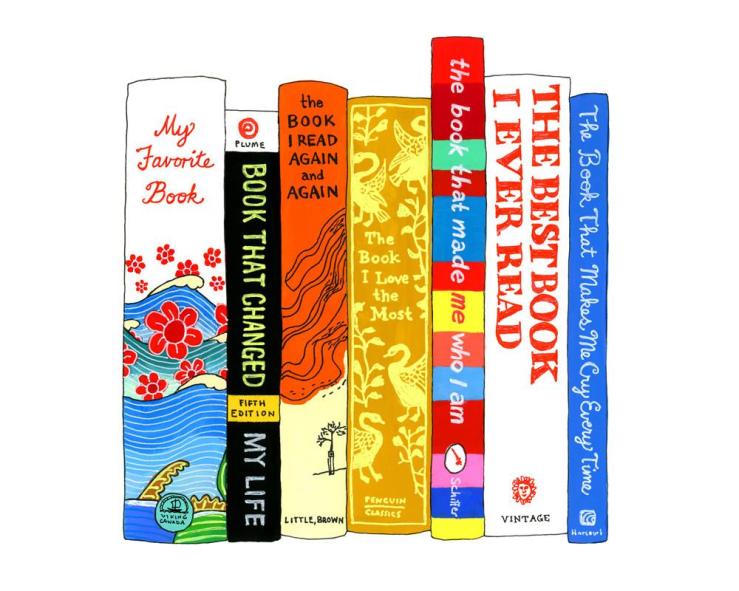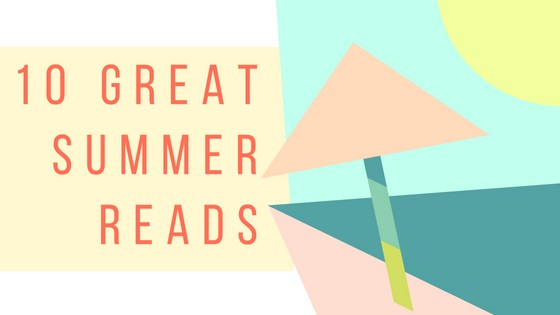
What do you look for in a good vacation read? I usually pack paperbacks and hope for a solid page-turner. Here are 10 great books to take on vacation, some newish and some a bit older, to keep you entertained.
The Vacationers by Emma Straub
Straub captures one family’s vacation ennui in this novel set in Mallorca with wit and aplomb. In it, she packs in wisdom about the pains of growing up, the monotony of marriage, betrayal, love, and familial dysfunction with humor and insight.
Pachinko by Min Jin Lee
Pachinko, a compelling saga about multiple generations of a Korean family in Japan, revolves around issues of identity, duty, and honor. It’s a story of love and longing and loss, and the triumphs and hardships of life. It’s a great read, a page-turner, and Lee is a wonderful, seemingly effortless storyteller.
The Twelve Lives of Samuel Hawley by Hannah Tinti
I loved this story of complicated father figure Samuel Hawley and his teenage daughter Loo navigating their way through the world. It’s a tale full of adventure, danger, suspense, and heart. Tinti keeps you guessing up until the glorious end.
The Devil in the White City by Erik Larson
The subtitle pretty much says it all: Murder, Magic, and Madness at the Fair That Changed America. Larson weaves together two narratives in this thrilling and bone-chilling book, that of architect Daniel Hudson Burnham working to turn a swamp into the White City and make the Chicago World’s Fair a reality, and that of Henry H. Holmes, a serial killer who is hunting women. It’s riveting, and at times gruesome. Historical true crime at its best.
Americanah by Chimamanda Ngozi Adichie
In this outstanding novel, Adichie dissects American culture, race, identity, and the idea of “home,” from the viewpoint of Ifemelu, a Nigerian-born young woman who moves to the U.S. to attend university. A truly excellent read.
Case Histories by Kate Atkinson
Case Histories, the first in Atkinson’s Jackson Brodie mystery series, and in my opinion, the best, is a psychological thriller about three different cases being investigated by private detective Brodie. It’s a gripping page-turner, the perfect beach read. Also, if you haven’t read Kate Atkinson’s Life After Life or Behind the Scenes at the Museum, what are you waiting for?!
A Gentleman in Moscow by Amor Towles
When I read the description of A Gentleman in Moscow, about a Russian aristocrat exiled to a grand old hotel in Moscow for being unashamedly aristocratic, I wasn’t sure how Towles could pull off a narrative set within the confines of a hotel over the course of a man’s adult life. But it is brilliant! Count Rostov is one of the most charming and delightful characters I have ever encountered. This book is a sheer pleasure to read. Also, if you haven’t read Towles’s Rules of Civility, go read it!
Eleanor Oliphant Is Completely Fine by Gail Honeyman
This cringingly-funny debut novel by Gail Honeyman about Eleanor Oliphant, a socially awkward (yet endearing) young woman who works a boring desk job, who is constantly perplexed by the idiocy around her and who has no friends, is surprisingly entertaining. It’s a quick and satisfying vacation read, with quirky characters and a somewhat predictable, though thoroughly engaging plot.
A Darker Shade of Magic by V.E. Schwab
V.E. Schwab’s Shades of Magic fantasy trilogy was one of my favorite discoveries of last year. They are the perfect escape. The first in the trilogy, A Darker Shade of Magic, follows an Antari named Kell, a magician with the ability to navigate between 4 disparate Londons who smuggles on the side and runs into danger regularly. Start with book one and you won’t be able to stop…
The First Fifteen Lives of Harry August by Claire North
In Claire North’s smart and inventive novel, Harry August lives and dies, and is born again remembering the life/lives that came before. By the end of his 11th life, after he’s traveled the world, fought in wars, explored various occupations, loved and been loved, he is on his deathbed once again when he is visited by a young girl who tells him some frightening news about the future. Harry August’s story is totally absorbing and will keep you glued to your towel on the beach flipping pages or up reading late into the night.





































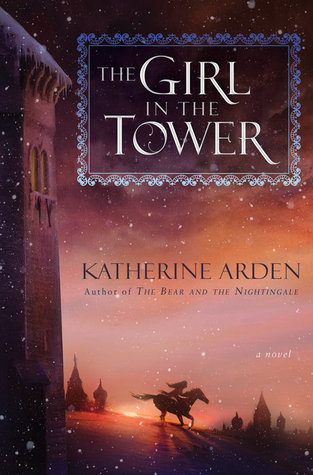 Katherine Arden’s
Katherine Arden’s 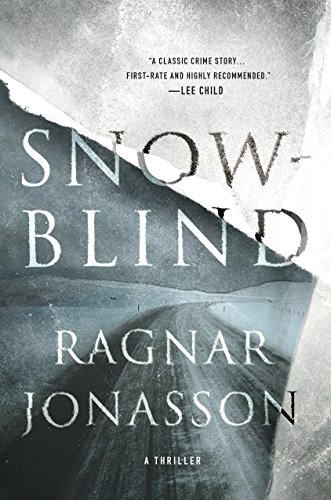 I love a well-written, fast-paced mystery and am always on the lookout for new page-turners in that genre.
I love a well-written, fast-paced mystery and am always on the lookout for new page-turners in that genre.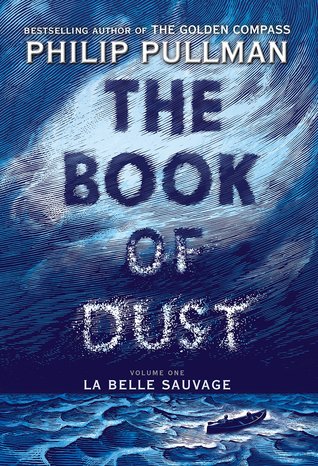 I haven’t read Philip Pullman’s bestselling His Dark Materials YA trilogy, nor have I seen the film adaptation of The Golden Compass, so when I cracked open Pullman’s newest,
I haven’t read Philip Pullman’s bestselling His Dark Materials YA trilogy, nor have I seen the film adaptation of The Golden Compass, so when I cracked open Pullman’s newest, 